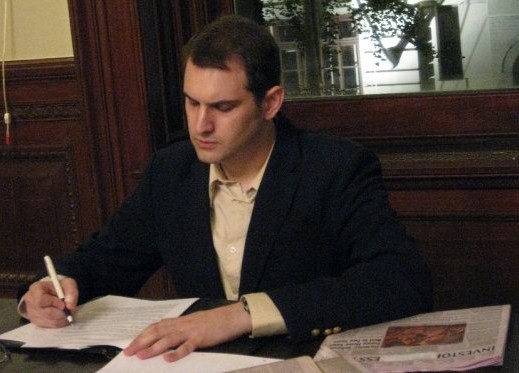A power of attorney (“POA”) is an extremely powerful document. A principal uses it to authorize an agent to make financial or business decisions for the principal.
A principal can authorize an agent to handle, among other things, (a) real estate, (b) goods and personal property, (c) bonds, stocks, and commodities, (d) banking, (e) business operations, (f) insurance, (g) estate matters, (h) litigation, (i) gifts (up to $500), (j) government benefits, (k) health care bills, (l) retirement benefits, and (m) taxes.
On September 1, 2009, legislation established a new, more complicated statutory POA form that should be prepared by an attorney. This lengthy document is referred to as the “short form power of attorney” because it refers to legislation that explains the powers in greater depth. There is no “long form.” Principals can modify or expand the powers. To delegate health care decision-making, a principal must use a separate health care proxy.
A durable POA lasts from execution until death. A nondurable POA lasts from execution until incapacity. A springing POA lasts from incapacity until death. The statutory POA is durable unless modified.
As a “fiduciary,” an agent owes a principal a variety of legal duties. Agents must exercise the highest standard of care. (Fiduciaries are discussed in a subsequent column.) Sometimes, parents select multiple children to act as co-agents. The POA can allow agents to act separately or require them to act together. If they do not get along, conflict could prevent or delay effective decision-making. If an irresponsible agent recklessly destroys wealth, the principal may have little or no effective recourse.
The statutory POA has two parts. The first part was discussed above. The second, optional part is known as the Statutory Gift Rider (SGR). It enables an agent to make gifts of over $500. This refers to more than gifting in the common sense of the term. The agent can use the SGR to gift all of the principal’s assets for tax and elder law planning. For example, the agent could give family members an amount up to the annual or lifetime IRS gift exclusion or gift the principal’s residence to an irrevocable trust for Medicaid planning.
Without a POA, if a person becomes incapacitated, a potential guardian must ask the New York Supreme Court to appoint a guardian. A POA saves a lot of time and money that would otherwise have to be spent on judicial process. A competent principal can revoke a POA or execute a new one. People should execute POAs while they are healthy – before emergencies affect judgment and capacity.
About the Author: Bryan L. Berson, Esq. is an attorney and mediator at The Berson Firm, P.C., a commercial and civil law firm that handles estate administration and planning, real estate, commercial transactions, mediation, and commercial litigation. His e-mail is bberson@bersonfirm.com. His phone number is (631) 517-1055. Connect with The Berson Firm on Facebook and Bryan L. Berson on LinkedIn. The firm’s website is www.bersonfirm.com.
Disclaimer: Constructive Knowledge is published by The Berson Firm, P.C. (the “Firm”). The information contained in this column is provided for informational purposes only. It is not tax or legal advice on any subject matter. No readers, clients or otherwise, should act or refrain from acting on the basis of any content without seeking appropriate legal or other professional advice with respect to one’s particular circumstances. This column reflects a general discussion of the law in New York. It may not accurately reflect the law of other states. The content is general information and may not reflect current legal developments, verdicts, or settlements. The Firm expressly disclaims all liability with respect to acts taken or not taken based on any or all content of this column. This column is Attorney Advertising. IRS Circular 230 Legend: Nothing in this column is intended to be used and cannot be used to avoid U.S. federal, state, or local taxes. It was not written to promote, market, or recommend any tax planning strategy or action. Copyright: All rights reserved. No part of this publication may be reproduced without prior written consent. Readers may share this column through, but not limited to, social networks.

[…] personal qualities they should exhibit. (Other columns discuss wills and revocable living trusts, powers of attorney, and health care proxies in more […]
[…] personal qualities they should exhibit. (Other columns discuss wills and revocable living trusts, powers of attorney, and health care proxies in more […]
[…] living trusts, and beneficiary designations. Other columns discuss advance directives (i.e., powers of attorney, health care proxies and living […]
[…] property and delegate decision-making authority. In other columns, I discussed trusts, wills, powers of attorney, health care proxies, and living […]
[…] here to learn more about powers of attorney and here to learn more about advance […]
[…] will, how will your doctor know your preferences with regard to end of life decisions? Without a power of attorney (POA), who will handle your finances? How will your relatives access your […]
[…] can begin in several ways. For instance, parties can sign an agreement, such as a power of attorney or contract. Agency can be implied by the nature of the position (e.g., a salesman). Whether […]